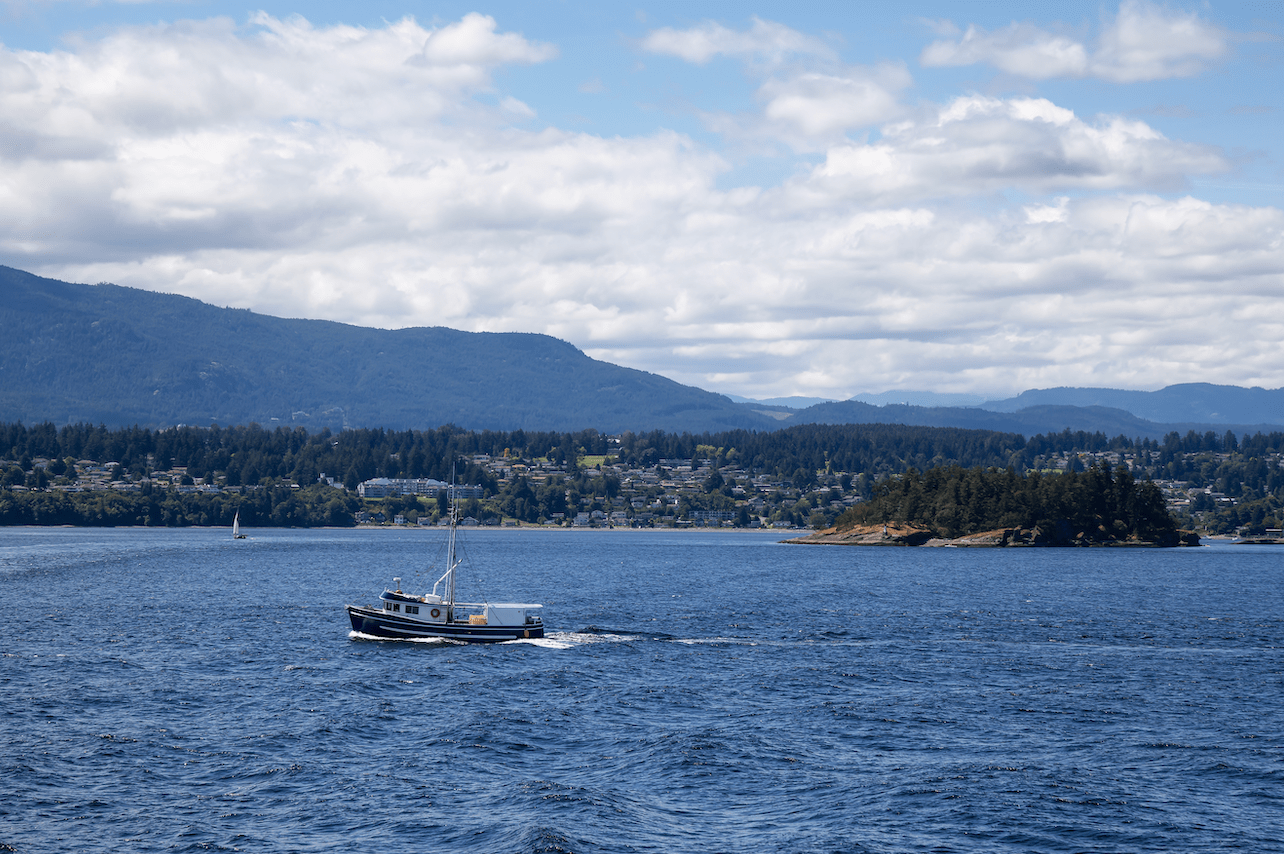
Gabriola Island Recycling Organization aims to reduce textile waste by repurposing it into construction projects, stuffed applications and more
NANAIMO – The Regional District of Nanaimo (RDN) announced $300,000 in grants for six local organizations through the Zero Waste Recycling Funding (ZWRF) program have been approved for 2023:
Canadians Locally Improving Communities ($40,000), Gabriola Island Recycling Organization ($61,545), Habitat for Humanity ($60,000), Island Futures Society ($22,800), Loaves and Fishes ($85,955), and Ocean Ambassadors ($29,700). Grantees will utilize funds to divert waste in the region through efforts such as providing recycling education, hosting upcycling workshops and creating or continuing recycling programs for products that are not currently part of a stewardship program such as textiles and books. •
- Canadians Locally Improving Communities will use their grant to scale up their current operations to enable the selling of recycled products that will contribute to the sustainability of its operations. Through increased storage capacity and equipment purchase and repair, they will create a hub for storing and upcycling household goods.
- Funding to the Gabriola Island Recycling Organization (GIRO) will allow for their Makerspace to be used for various cradle to cradle (C2C) products and address expected shortfalls in the first year of operations while they develop footholds in various markets for the C2C products. GIRO aims to reduce textile waste by repurposing it into construction projects, stuffed applications and more.
- Habitat for Humanity will use their funds to recover and upcycle between 6,000 to 10,000 books annually. The Books and Beyond initiative will upcycle hardcover books to create unique furniture pieces and turn softcover, paperback books and wastepaper into paper logs that can be burned in any wood-burning fireplace.
- Funding to Loaves and Fishes Community Food Bank will support their continued successful food recovery operations that run year-round by covering ongoing warehouse development costs. This investment will help ensure food is put to its highest and best use.
- Island Futures Society will use the funds to continue their Waste Vegetable Oil Initiative to convert waste vegetable oil into biodiesel and fuel for heating a local community greenhouse on Gabriola Island, and to utilize the by-products to create saleable products such as fertilizer for local farms and cleaning products.
- Ocean Ambassadors will use their funds to carry out education for 80 small businesses and 50 multifamily communities on the zero-waste hierarchy, how to recycle effectively and the importance of minimizing waste and maximizing reuse.
“Local organizations continue to come up with forward-thinking programs that reduce waste, support the development of a circular economy and contribute to a healthier and more sustainable region,” said Vanessa Craig, RDN Chair. “To see products that would otherwise end up as waste in the landfill turned into new products or put towards other uses is truly gratifying.”
The ZWRF program aims to fund organizations that demonstrate innovative initiatives that increase waste diversion through the development of a circular economy, through actions of the zero-waste hierarchy of highest and best use, including but not limited to:
- Acting as a research and recycling hub for hard to recycling items,
- Conducting programs including the reduction and redesign of materials,
- Re-using, repairing, and reprocessing of materials, and
- Investigating barriers to recycling.
Projects were evaluated using several criteria including maximizing waste diversion, encouraging innovation to develop markets and processes, improving convenience for recycling materials, and potential as a catalyst for a future sustainable program that does not rely on ongoing funding. As the program was oversubscribed with requests totaling $560,000, the proposals were ranked on a comparative basis and eligible funds were then distributed amongst the highest-ranked successful proposals in the order of their ranking until the funds were drawn down.
“The Zero Waste Recycling Funding program complements other RDN solid waste reduction initiatives,” said Director Ben Geselbracht, Solid Waste Committee Chair. “The innovative projects and partnerships being implemented by grant recipients are helping the RDN get closer to its goal of 90 per cent diversion of waste from the landfill by 2027.”
The Zero Waste Recycling Funding program is an initiative of the Solid Waste Management Plan (SWMP). This grant cycle is the final year of the three-year grant program.

